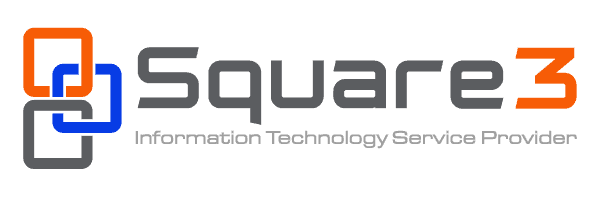What to look for when choosing a cloud provider
The cloud is quickly becoming the default IT solutions for many businesses. Migrating to the cloud lets you leverage robust, flexible, convenient, and affordable computing resources on-demand. Cloud adoption is an easy way to quickly and drastically boost enterprise IT performance and productivity.
However, all these benefits depend on the cloud service provider you choose for your cloud solutions. There are hundreds of vendors for all types of cloud computing systems. And no two cloud service providers are exactly alike. Luckily, you can find the most suitable service provider for your business by screening candidates against some key criteria. Here are the top three qualities to look for in a cloud provider:
Flexible infrastructure setup
Cloud solutions are not one-size-fits-all – every business has unique cloud, and IT needs. So, first things first, look for a cloud provider that offers the products and services that meet your digital requirements and align with your business goals.
Keep in mind that as the business grows or the e-commerce landscape changes, the technical demands change as well. Ensure that the cloud infrastructure has built-in flexibility, enabling it to scale with a fluctuating business environment. The provider should at least give you some growth options on data storage, processing power, and bandwidth specs through tiered packages or upgradable subscriptions.
Additionally, the cloud provider should offer compatibility solutions for any indispensable legacy systems you might have. That means the cloud service should integrate seamlessly with the equipment and software applications you were already using before. Flexible cloud solutions make cloud migration a lot easier since you don’t have to reconfigure your IT processes. Plus, a customizable cloud is more cost-effective than fixed, generic cloud models.
Security capabilities
According to the 2019 Cloud Security Report, some of the top cloud security concerns are data loss and breaches, unauthorized access, misconfigurations, compliance, and a lack of visibility into cloud security. All these are valid concerns, but several cybersecurity measures can mitigate cloud security risks.
Cloud security is a shared responsibility between the provider and the client. But the cloud provider plays a bigger role in ensuring data safety, access control, regulatory compliance, and network security. Select a cloud provider that shows a strong commitment to security and is transparent about the data protection measures in place and the client’s part in the security framework.
24/7 support
One of the main advantages of cloud solutions is reliable uptime. Cloud dependability is partly due to robust architectural build and the technical support behind every service. A good cloud provider must be able to offer round-the-clock customer support and quick responses to queries and requests.
First, ensure you can contact the provider at any time. In some cases, live chat is the only contact option, but that’s not good enough or even practical, especially in an IT emergency. Ask about dedicated customer communication channels and the level of support you should expect before choosing a cloud provider.
Get an assurance that the provider can fix issues without delays and keep all resources running at optimal performance all the time.
Although cloud adoption is growing in nearly all commercial sectors, many businesses are yet to appreciate the benefits of cloud solutions. A 2018 survey found that security, cloud economics, compliance, and a lack of resources and expertise are some of the main hindrances to cloud adoption. Select a cloud service provider that can address all these challenges to ensure a smooth transition to cloud computing. Migrating to and running IT processes on the cloud becomes much easier when working with the right cloud partner.














